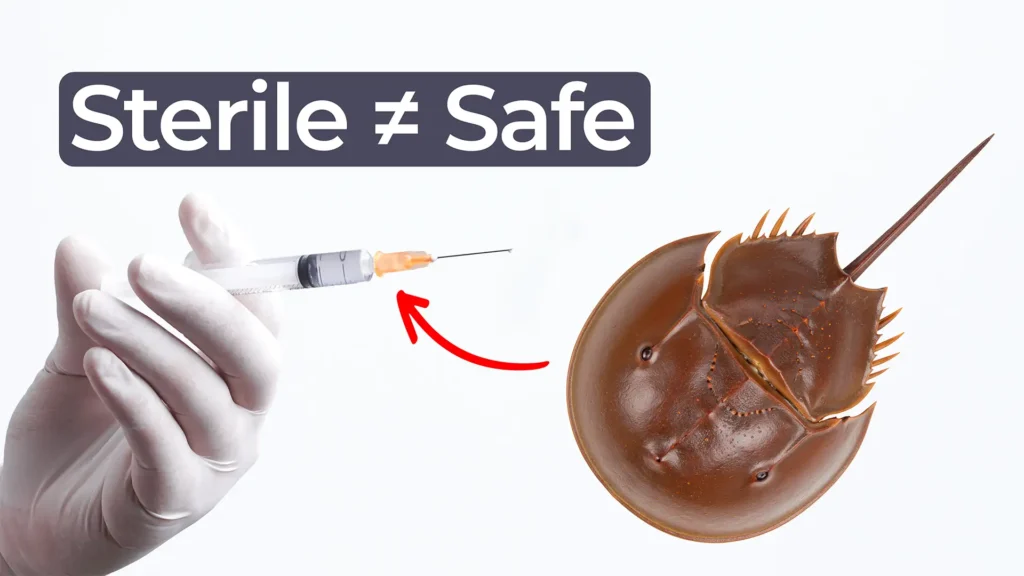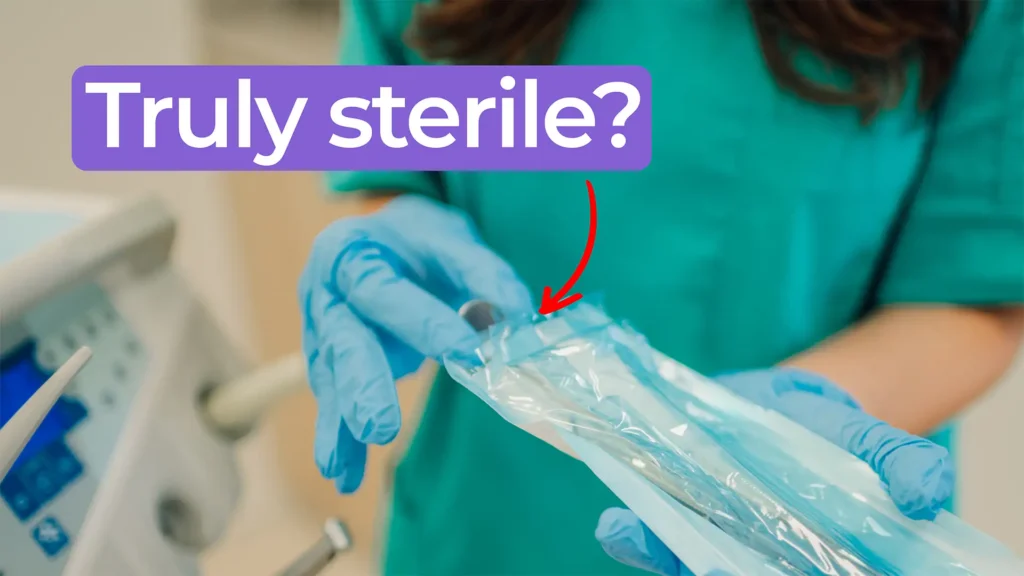
Alzheimer’s Blood Test for Early Detection
In this episode of MedDevice by Design, we explore a groundbreaking shift in how Alzheimer’s disease may soon be diagnosed. Instead of relying on invasive spinal taps or costly PET scans, researchers have developed a blood test that detects key proteins associated with the disease—offering a more accessible and patient-friendly screening method.
A Simpler Diagnostic Pathway
Traditionally, Alzheimer’s diagnosis has required expensive imaging or invasive cerebrospinal fluid collection. This new approach allows patients to have their blood drawn at a standard medical office, with labs analyzing the sample for specific biomarkers. If these proteins are detected, the patient may then be referred for confirmatory tests and begin treatment earlier.
Supporting Earlier Treatment and Better Research
Early detection is crucial for effective treatment. Many Alzheimer’s drugs are more beneficial when administered during the disease’s early stages. This blood test can identify potential patients sooner, improving clinical outcomes. It also helps pharmaceutical companies recruit participants for trials and monitor drug efficacy over time.
Barriers to Widespread Use
While promising, the Alzheimer’s blood test still faces some hurdles. It’s currently a laboratory-developed test (LDT) and has not yet received FDA approval. Because of this, it’s often not covered by insurance and remains a costly out-of-pocket option for most people.
A Look Ahead
The potential impact of this innovation is immense. By making early Alzheimer’s detection more accessible, the test could transform clinical care and research. As approval processes advance and accessibility improves, this technology may reshape how we diagnose and treat neurodegenerative conditions.
Enjoying MedDevice by Design? Sign up to get new episodes sent to your inbox.
Related Resources


Nick and Nigel walk through how sterile disposables are processed and verified before they reach the field.

The FDA agentic AI is making headlines after the agency announced its own internal AI review tool. In this episode of MedDevice by Design, Ariana and Mark discuss what this could mean for medical device submissions and regulatory efficiency.

The sandwich ELISA assay is one of the most common ELISA formats used in diagnostics. Nick and Nigel walk through the method step by step using simple visuals and plain language.
